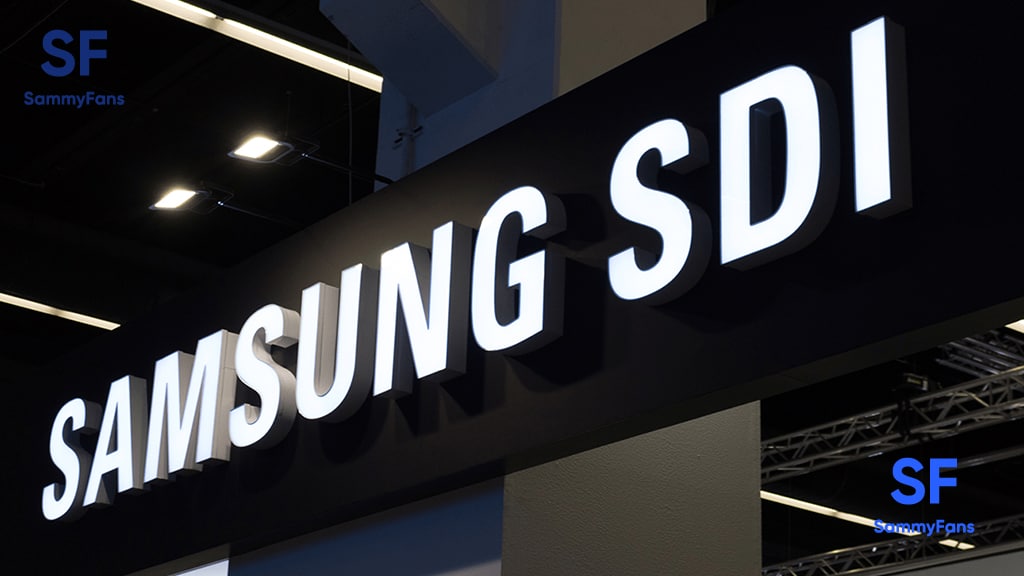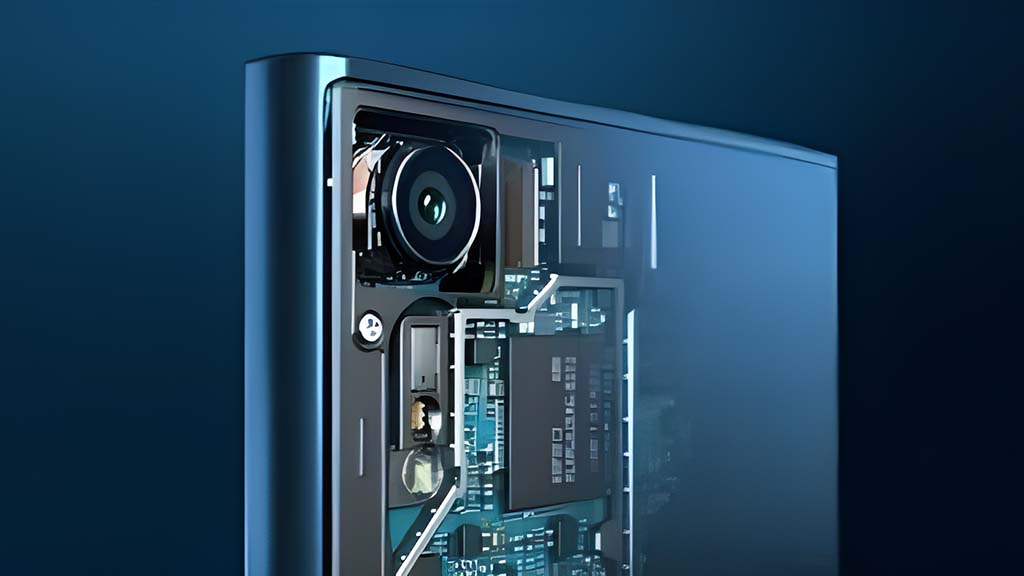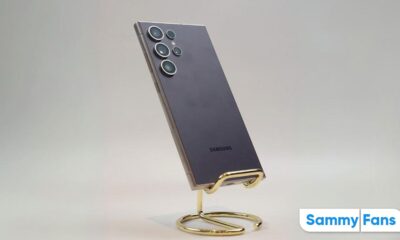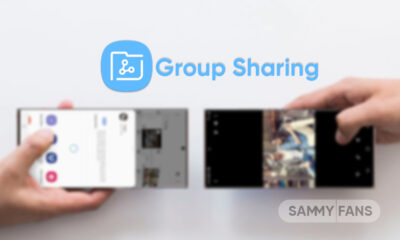News
Google gets 207B won punishment from South Korea’s KFTC for preventing Android forking

The Korea Fair Trade Commission (KFTC) has issued a $207 billion won ($176.64 million) fine imposed on Google for protecting OEMs from Android. The anti-trust regulator said Google’s contractual terms with OEMs lead to abuse of its top position, which has prevented competition from the mobile OS market.
According to Reuters, Google intends to appeal the decision, claiming that it “disregards the benefits offered by Android compatibility with other apps and undermines the benefits enjoyed by consumers.” KFTC’s Chairperson Joh Sung-wook maintains that the ruling is “meaningful in a way that it provides an opportunity to restore future competitive pressure in the mobile OS and app market markets.”
Join Sammy Fans on Telegram
Talking about the decision, the KFTC said Google had disrupted competition by pressuring OEMs to comply with the “anti-fragmentation agreement (AFA).” As part of AFA, Google requires manufacturers not to offer Android Forks to their devices, which has helped to strengthen its market dominance in the mobile OS market.

The report indicates the example of Google forcing Samsung to switch to a different OS to its smartwatch back in 2013 after Google realized that the original OS was a violation of AFA. Interestingly, Samsung has recently moved from Tizen to Wear OS on its smartwatches.
In line with the fine, the decision prevents Google from forcing OEMs to sign AFA contracts, thus allowing them to offer modified Android versions on their devices. The KFTC decision came on the same day as the latest amendment to South Korea’s Telecommunications Business Act came into effect.
The amendment, forcing Google and Apple to adopt alternative payment methods, was passed late last month. It also prevents companies from delaying the adoption of applications or improperly blocking them from their market. If Google and Apple fail to comply with the new law, they could be fined up to 3% of their total South Korean currency.
News
Samsung no longer interested in EV battery business in the US?

Samsung could shift its investment from the EV battery business in the US. The company plans to adjust its investment in ESS from EVs due to a sluggish market. The move comes after low demand for EVs, particularly bikes, and growing demand for ESS.
TheElec reports that Samsung eyeing the growing demand for ESS (energy storage systems) in the US. North America’s largest power company NextEra Energy could be awarding Samsung with a potential 1 trillion won ESS order.
Samsung is investing in converting its EV battery pack production line in Michigan, US. The electric bike battery pack line will be dismantled and converted for ESS use. The investment is expected to begin as early as the fourth quarter.
- The ESS battery pack line will be located in Factory 1, where a battery pack line for Harley-Davidson is currently in operation.
- Factory 2 primarily produces battery packs for Stellantis PHEVs, such as the Jeep Wrangler 4xe and Grand Cherokee 4xe.
The Korean tech giant is pursuing a 1 trillion won order for ESS batteries from NextEra Energy. The order is estimated to be around 5GWh. The company has started accelerating its penetration into the ESS market since last year with its Battery Box.
News
Samsung exploring sensor-shift OIS camera tech for Galaxy phones

Samsung is exploring advanced sensor-shift image stabilization (OIS) camera tech for future Galaxy phones. The company recently filed a patent application related to image stabilization technology for mobile devices in South Korea.
The latest Samsung patent suggests work on the sensor-shift image stabilization (OIS) camera is underway. However, Apple iPhone-like sensor shift camera tech is far from arriving on Samsung’s Galaxy smartphones.
The patent entitled “Actuator for optical image stabilization and camera module including the same” describes how less force is required to stabilize the sensor itself. This allows for a more precise correction of the sensor position.
The patent document shows that Samsung is continuing to develop its ideas and methods for sensor-shift image stabilization. The absence of such cameras is not a sign that the company has abandoned the idea.

Samsung has been working on sensor-shift image stabilization for years. The company aims to upgrade the Galaxy camera capabilities in the future. The sensor-shift stabilization offers a sharper image by moving the camera sensor.
Previously, patents related to sensor-shift telephoto camera surfaced. However, the Korean tech giant hasn’t commercialized the technology. The patent was published recently, but doesn’t mean we will be seeing this upgrade in the Galaxy S25 series.
The development suggests that Samsung won’t include it on Galaxies till an advanced variant evolves. As the exploration continues, sensor-shift OIS feature remains in hope for the future of Galaxy smartphone segment.
News
Samsung crafting mixed-reality smart glasses with Qualcomm, Google

Samsung officially confirmed its teaming up with Qualcomm and Google for XR devices. Now, Qualcomm CEO revealed that the company is working with Samsung and Google to develop mixed-reality smart glasses.
According to the info, Samsung is working on portable mixed-reality smart glasses in collaboration with Qualcomm. Not XR headset, the company’s first extended reality product could be smart glasses with AI for new experiences.
Qualcomm CEO Cristiano Amon shared new details about Samsung’s upcoming XR product. In an interview to CNBC, Amon confirmed the collab with Samsung will result in “a new product” that offers “new experiences.”
Beyond that, he hinted that this product will likely be a pair of XR smart glasses, not a headset. Just opposite to Apple’s approach, Samsung and Qualcomm aimed to create XR smart glasses that would be portable and easy to carry around.
“I want everyone who has a phone to go buy companion glasses to go along with it,” Amon said. “We need to reach a point where wearing smart glasses feels no different from wearing regular glasses or sunglasses. Only then can we achieve true scale,” he added.
The XR smart glasses could debut later this year, featuring artificial intelligence. Samsung and Qualcomm reportedly aiming to make XR glasses mainstream, while Google could support them with optimized software.
Following the trend, the XR smart glasses could pack on-device AI capabilities. Some AI features will run directly on the device, others on the phone, and certain tasks will require cloud processing – unlocking “a whole new set of experiences.”

Nurphoto | Nurphoto | Getty Images












